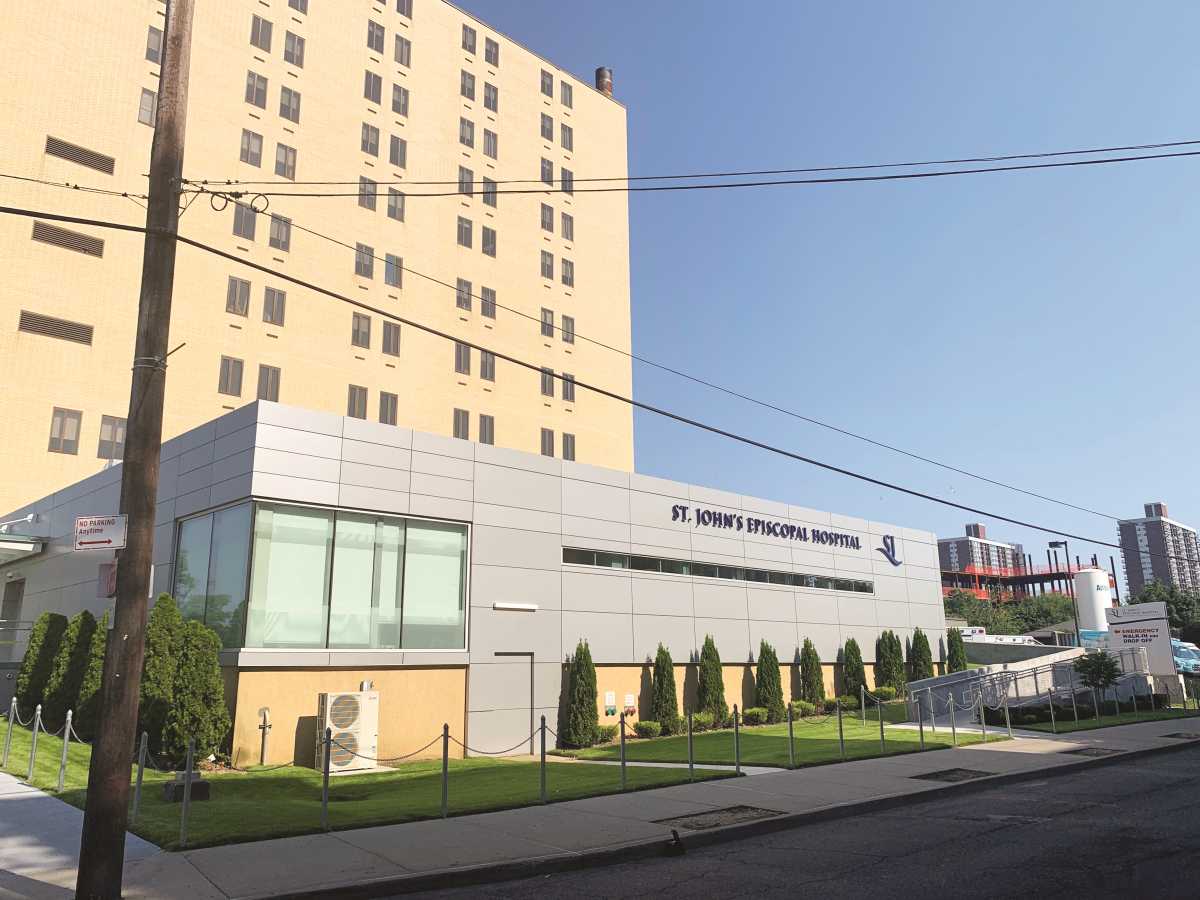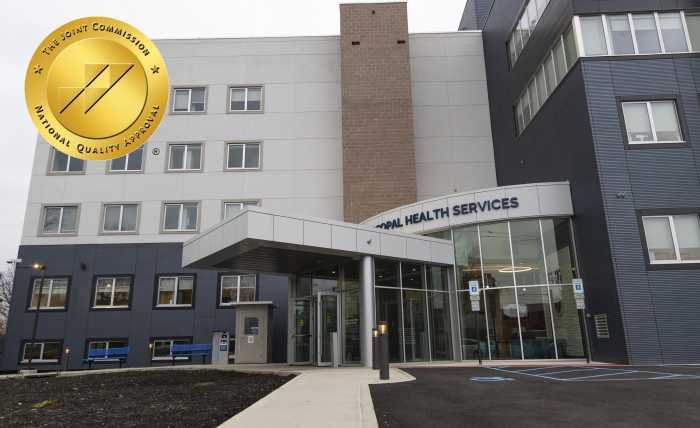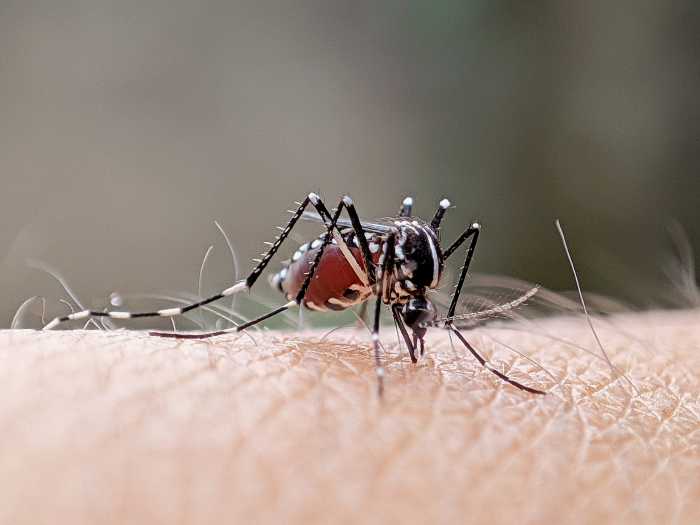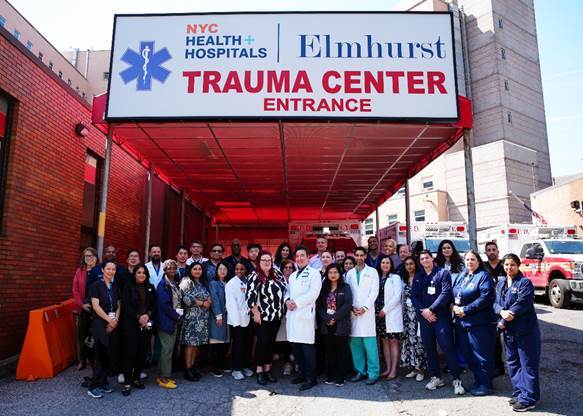BY ST. JOHN’S EPISCOPAL HOSPITAL
Frequently Asked Questions: Novel Coronavirus (COVID-19)
How widespread is the COVID-19 outbreak?
Per the CDC, the novel (new) coronavirus (COVID-19) was first detected in China and has now been detected in almost 90 locations internationally, including in the United States.
What does it mean to be quarantined?
Per the CDC, quarantine separates and restricts the movement of people who were exposed to a contagious disease to see if they become sick.
Is it safe to come to the hospital for your health care, or to visit your SJEH doctor at one of our outpatient community practices?
It is completely safe to come to the hospital for your health care needs, and to visit your SJEH doctor at our community practices. As mentioned previously, we follow clinically accepted infection control protocols to prevent the spread of disease.
Was there a confirmed case of COVID-19 at SJEH, and is there a reason to be alarmed?
As of this time, there is one confirmed case of COVID-19 at SJEH. There is absolutely no reason for any person or patient of SJEH to be alarmed. The individual is being treated in isolation using clinically accepted infection control protocols.
Did the SJEH case of COVID-19 originate within the hospital?
No. COVID-19 has been detected in almost 90 locations internationally. The virus was not contracted within SJEH or at any of our community practices.
Was/Is SJEH prepared for COVID-19?
Yes. SJEH was prepared for COVID-19 before COVID-19 even came into existence. The hospital follows clinically accepted infectious disease guidelines and protocols to help contain and control the spread of any infectious disease while providing optimal care to the affected patient. As an “infectious disease,” a COVID-19 case would fall under these protocols.
Why was the public not immediately informed of a suspected COVID-19 case at SJEH?
A patient can have a variety of illnesses. Patients with COVID-19 express some of the same symptoms as a variety of other illnesses.
It takes time for diseases to be diagnosed. It is irresponsible for any medical provider to create unnecessary public alarm because of a patient who expresses symptoms that could be caused by a variety of illnesses.
With limited exception, it is against various laws, such as the federal HIPAA law, for SJEH or any other hospital to reveal the protected health information (PHI) of patients. For more information about HIPAA and PHI visit: https://www.hhs.gov/hipaa/for-individuals/index.html
When someone is quarantined, does that mean that they have COVID-19?
No. When someone is quarantined because of potential exposure to COVID-19, this does not mean that they have COVID-19.
Do any SJEH staff members have COVID-19?
No. There are no SJEH staff members who have tested positive for COVID-19.
Will all individuals who have COVID-19 lose their life?
No. A COVID-19 diagnosis does not equate to an eventual loss of life. Earlier this month, the World Health Organization reported that globally a total of only 3.4 percent of reported COVID-19 cases have resulted in death.
What measures can I take to avoid getting COVID-19?
For information on the prevention and treatment of COVID- 19, visit the CDC website at www.cdc.gov or the New York City Department of Health (NYCDOH) website at https://www1.nyc.gov/site/doh/health/health-topics/coronavirus.page
SJEH Patient and Patient Family Member Hotline
Concerned SJEH patients and family members with questions regarding COVID-19 can call 718-869-7179.




































